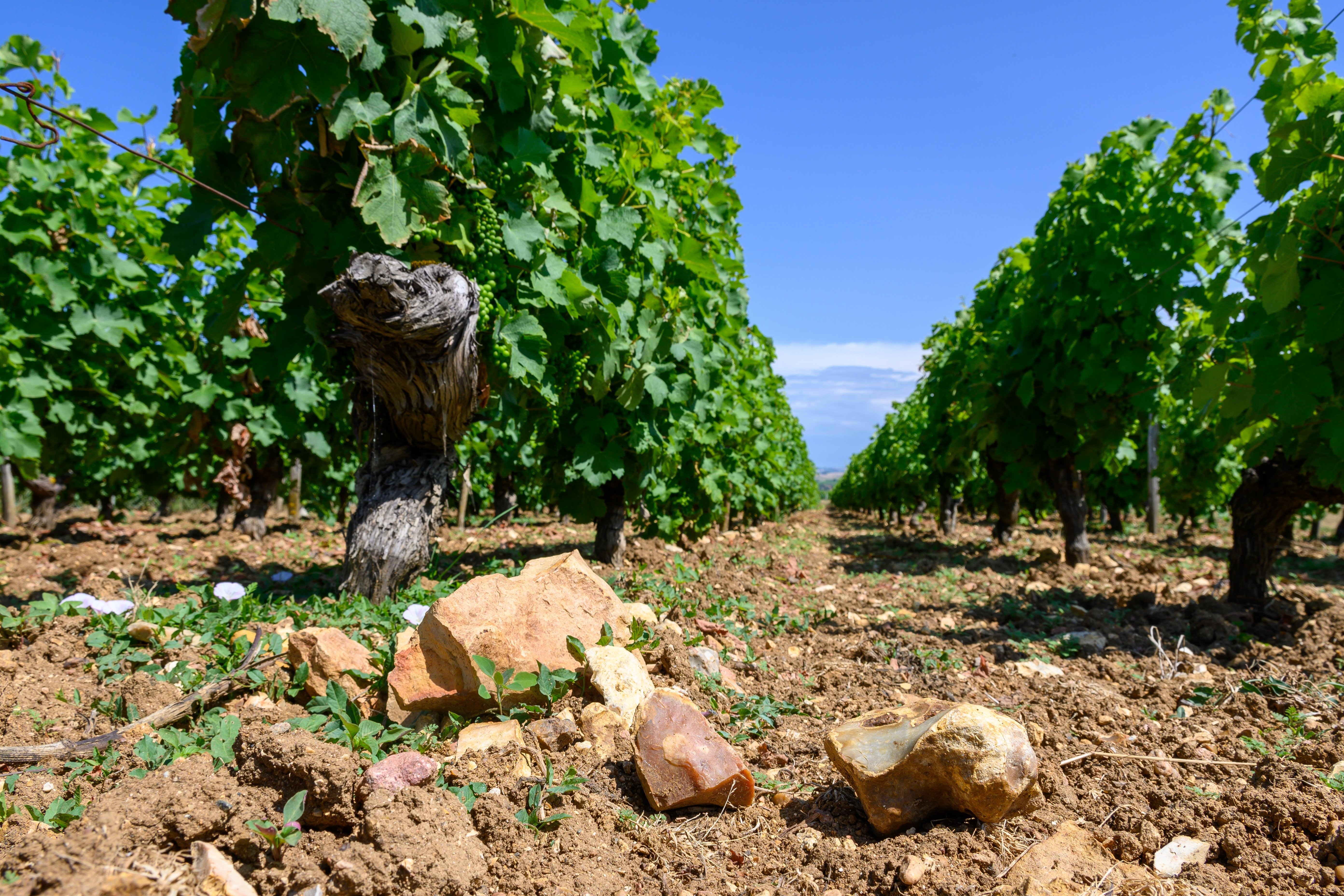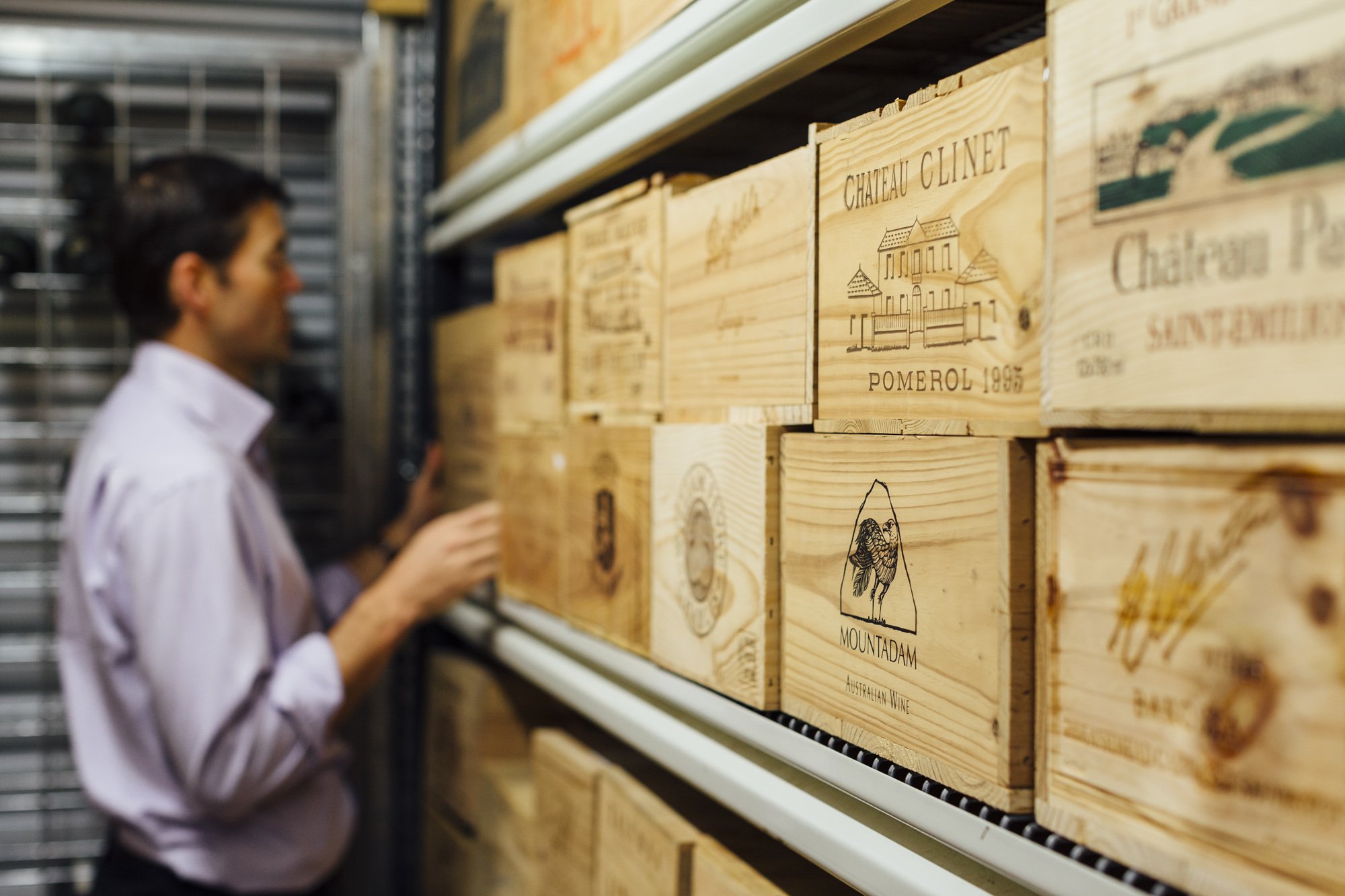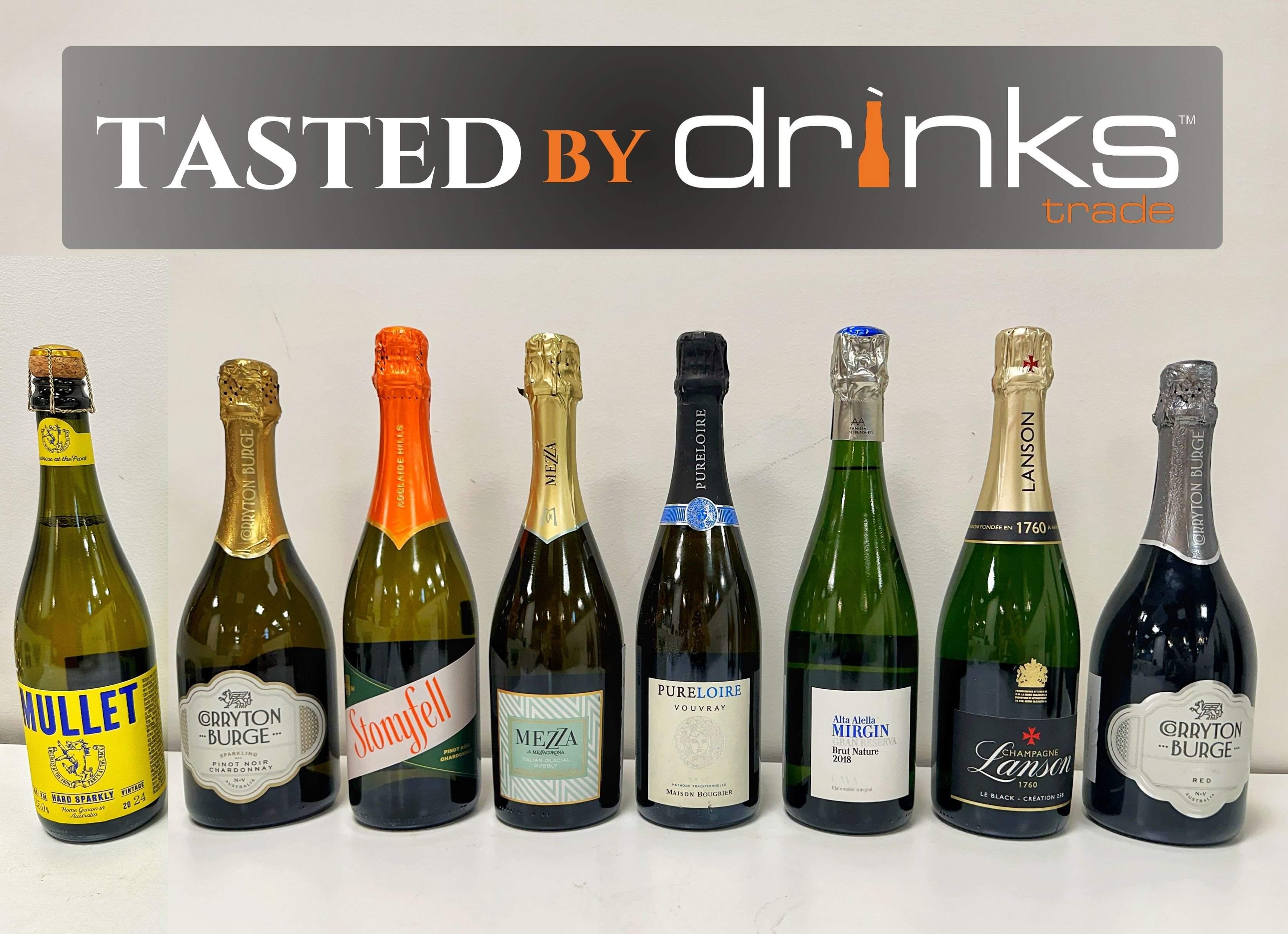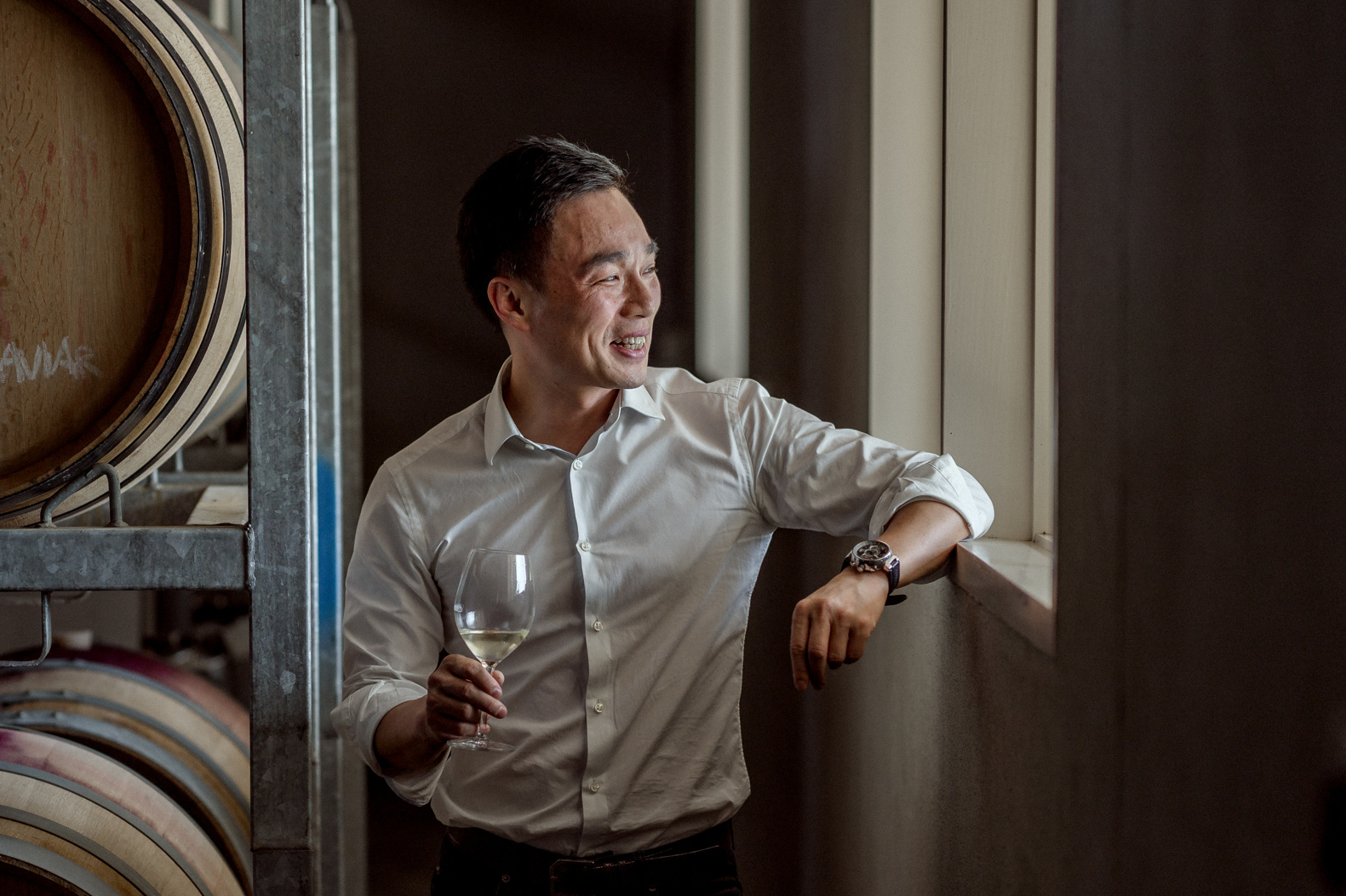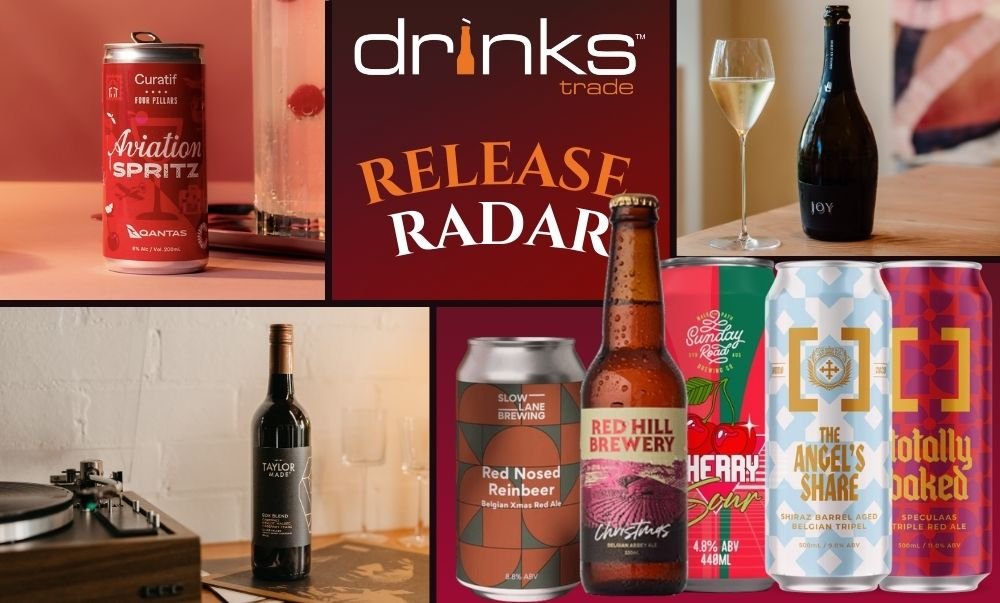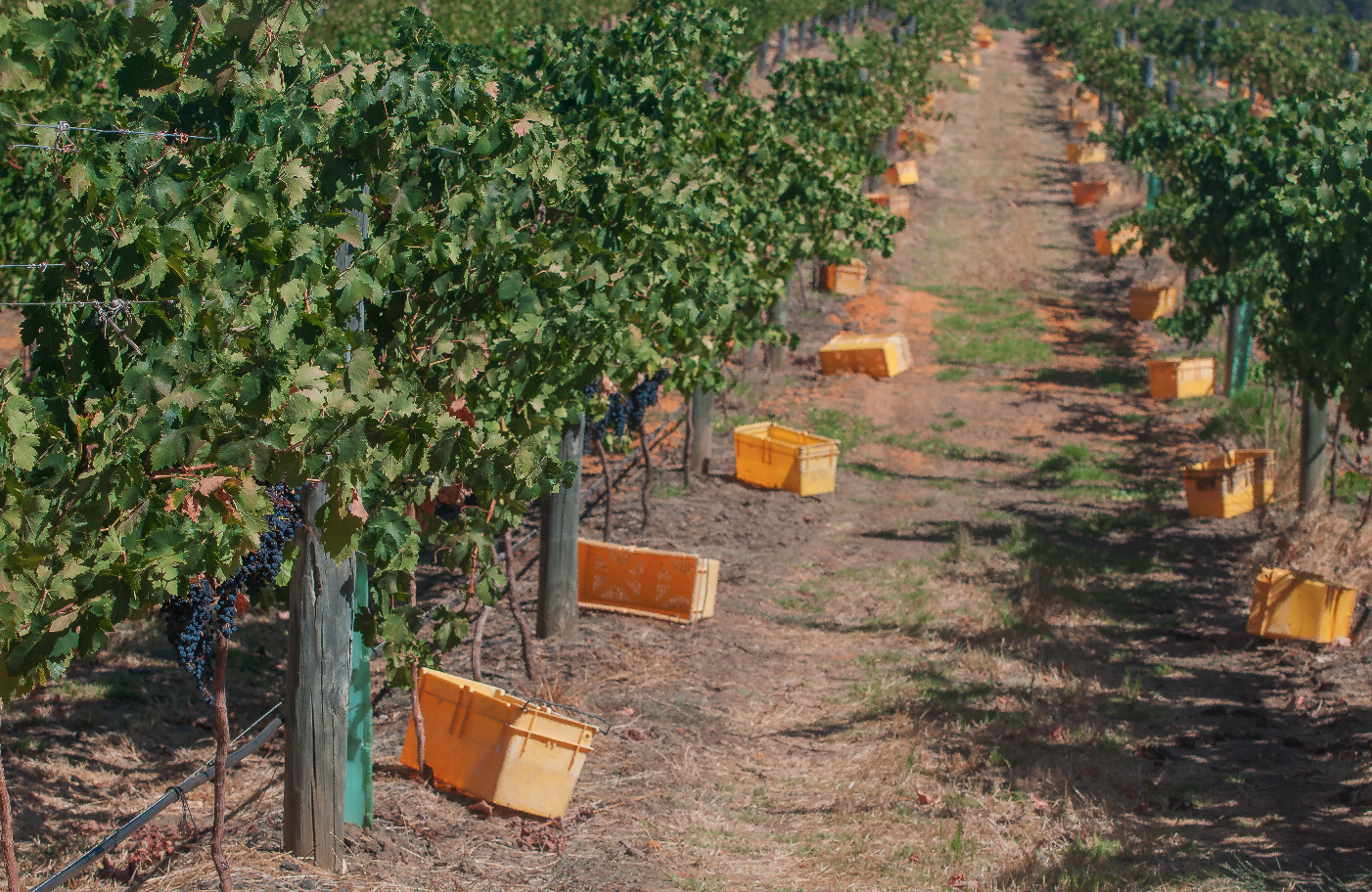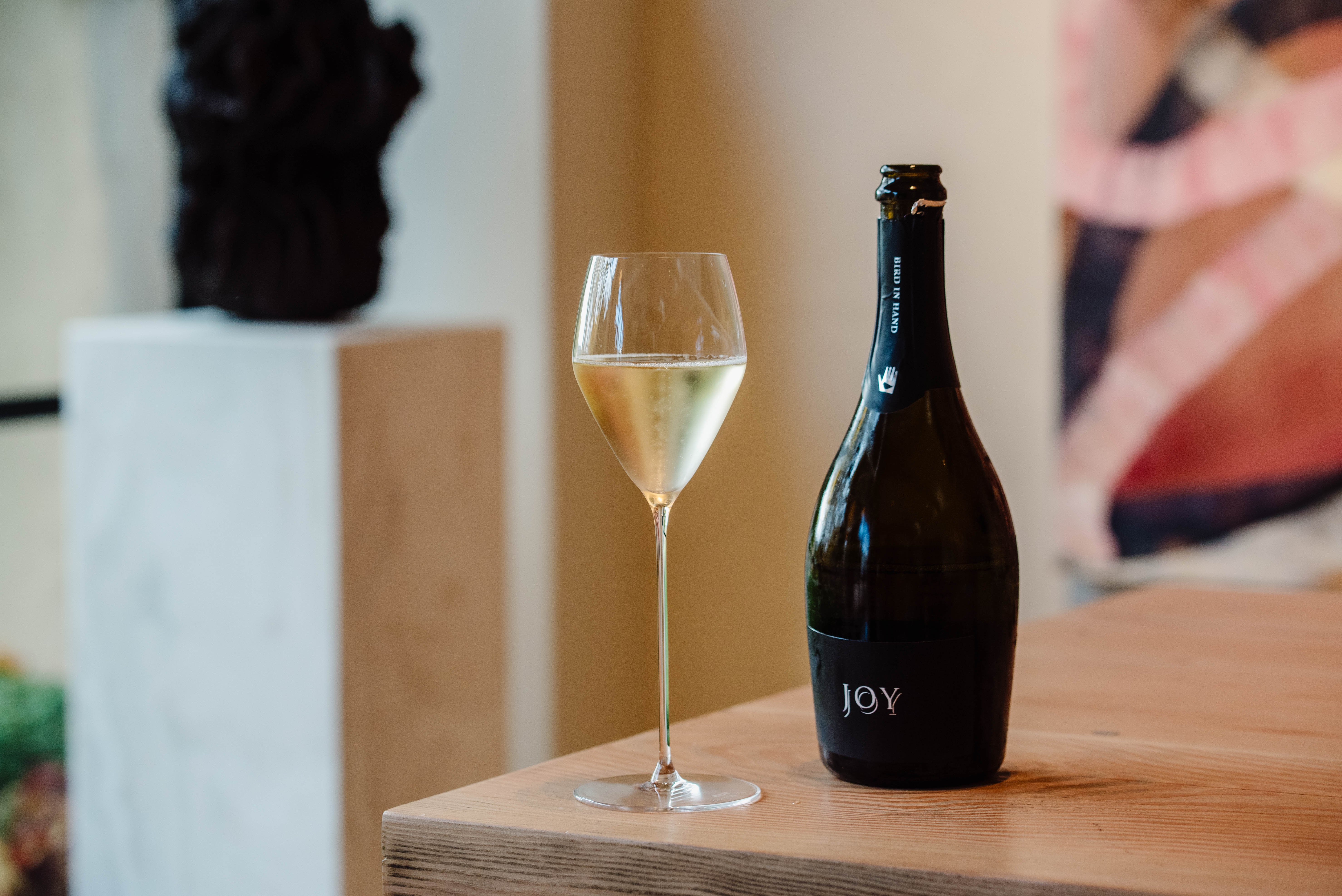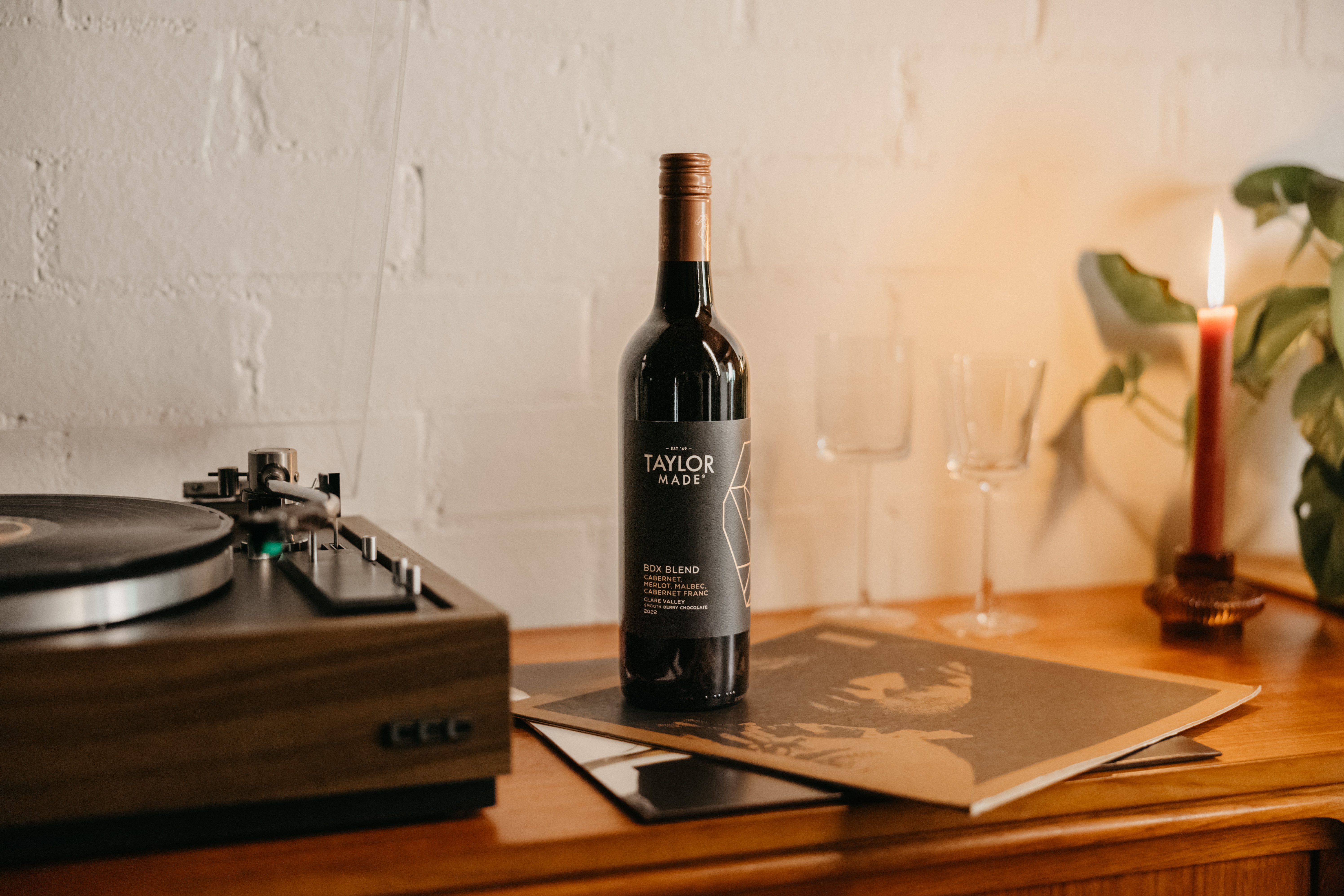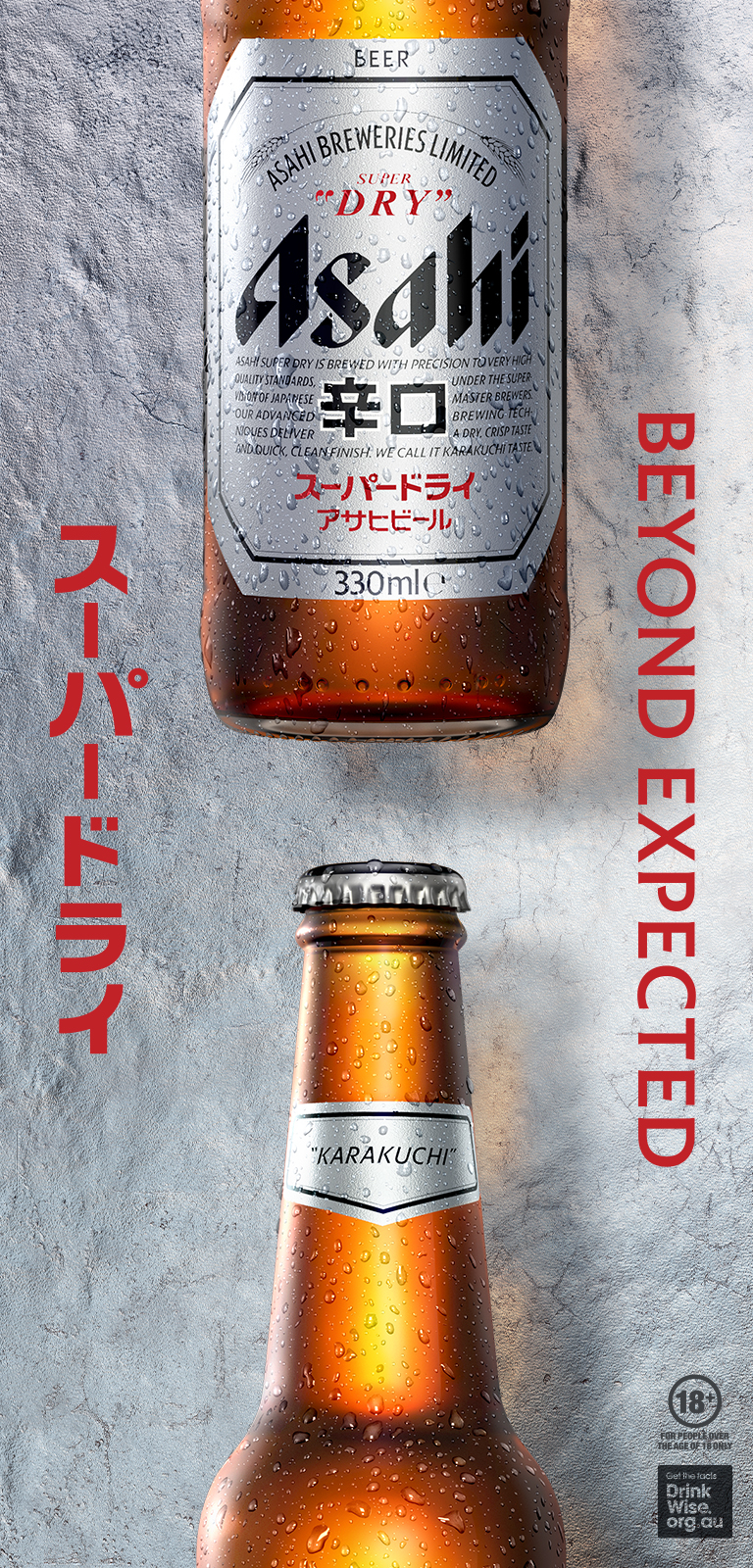The South Australian Government has announced that it will be committing $260,000 to help Riverland grape growers address economic problems stemming from the current oversupply of red wine grapes. This includes through providing immediate financial support to growers via grants of up to $1,500 as part of the Riverland Wine Industry Blueprint.
“We are all aware of the current pressures and issues facing wine grape growers and winemakers in the Riverland and across South Australia due to the current over supply of red wine grapes,” said Clare Scriven, Minister for Primary Industries and Regional Development.
“Recovery measures need to be implemented at both a state and national level to assist us to return to a sustainable supply and demand level.”
The news follows shortly behind the release of Wine Australia’s National Vintage Report 2024, which revealed further declines for the Riverland. Since 2021, the total value of Riverland’s grapevine production has decreased by over 56% to a worth of $119.2 million.
Drinks Trade recently chatted to Riverland Wine’s Executive Officer Lyndall Rowe and Independent Chair Darren Oemcke to discuss the current situation being experienced by Riverland growers.
“There is quite a significant oversupply of wine in Australia, and [this] particularly impacted the Riverland,” said Oemcke.
“The other element is, on the policy side, that we think there will be less growers in the region, and we are working with government and we’ve gone with approaches to government on how they can help people, how we can support people changing their livelihood so that people who’ve got negative cash flow as a result of what’s going on in the sector. We’re also looking for support for people to transition out of grapes or into other crops as part of the response.”
Clare Scriven further believes “the diversification by some growers away from wine to other crops [will be] a key element to [its recovery], especially in the Riverland, which is why we are making this investment now.”
One of the major stakeholders that has said it will use the government grants to help its growers exit the industry is CCW, Australia’s largest member owned wine grape co-operative.
“With the support of the Minister for Primary Industries and Regional Development Clare Scriven, CCW Cooperative Limited is poised to explore new business opportunities and revenue streams,” said General Manager Peter Szabo.
“Our goal is to create a more dynamic and robust agricultural sector, ensuring the long-term prosperity of our members and the wider Riverland community.”
The CCW Cooperative were recently at the forefront of discussions concerning industry pressures after 95% of its 331 voted against a buyout package proposed by Accolade Wines.
According to Darren Oemcke, “they perceive that there’s a better deal... Riverland Wine doesn’t have a position on it at all; but the growers clearly said, 'well, this is not what we’re looking for, so we just have to wait'… Right now, the growers have stuck with the existing contract, so we go into the vintage with that, and that’s where it sits.”
Last Wednesday, Clare Scriven attended the National Agriculture Ministers Meeting in Brisbane where she said “the challenges for winegrape growers across the country was front and centre.” At this meeting, she presented a commissioned report - The current wine crisis: Ways forward in Australia’s wine regions - to Agriculture Ministers, who agreed it should be released publicly.
“This report is also being considered by the Viticulture and Wine Sector Working Group,” said Scriven.
“We look forward to receiving their recommendations by the end of the month to see how we can further collectively address this issue nationally.”
The 2024 National Vintage Report revealed the Riverland to be Australia’s most important growing region by volume, responsible for 31% of the national crush. While Australia’s wine producing sector has bounced back 9% by volume and 2% by value since 2023, Riverland continued to experience further declines on both fronts, dropping an additional 5% by volume and 2% by value.
“Economically, the Riverland is so important to this country and I don’t think there’s enough credit given to that,” said Lyndall Rowe, Riverland Wine’s Chief Executive.
“We’ve been working really closely with the South Australian Government for the last two years to develop, first of all, a 10-year strategic plan called the Riverland Wine Industry Blueprint.
"We’ve got a really clear path on what needs to be done, what we would like government to do, and also we are working very closely with industry partners.”
Share the content
